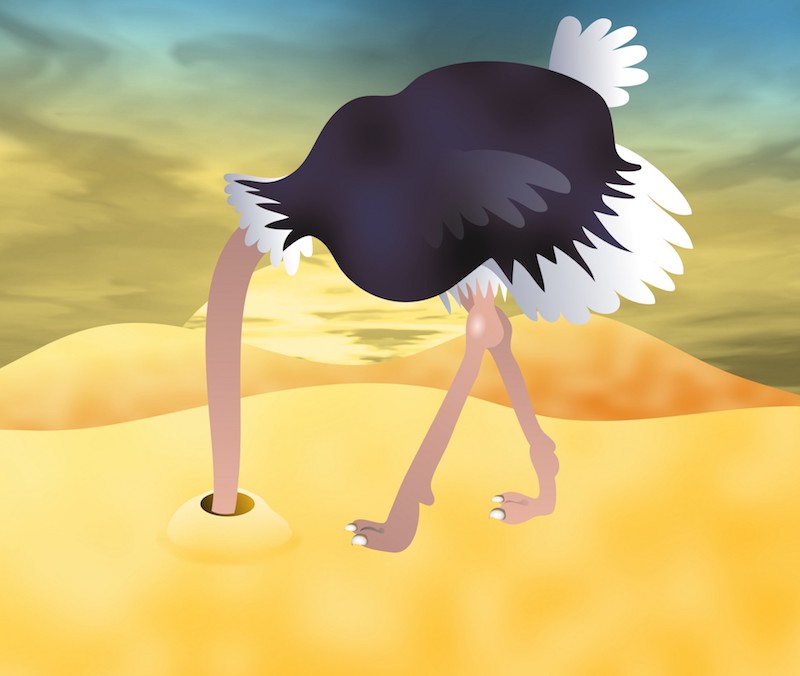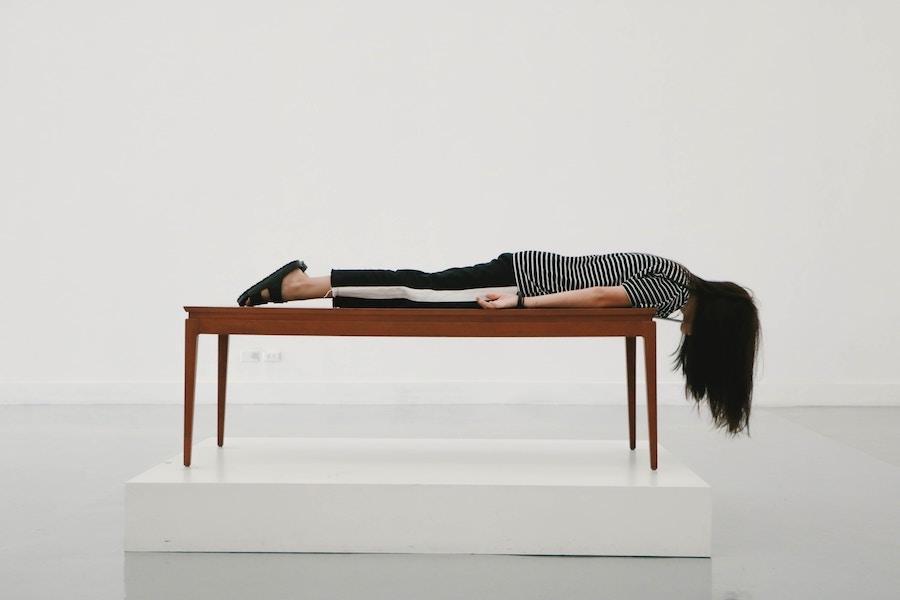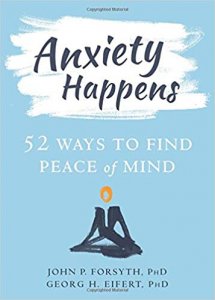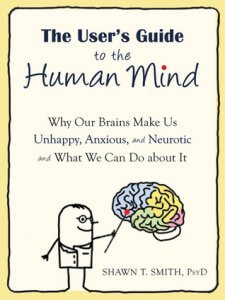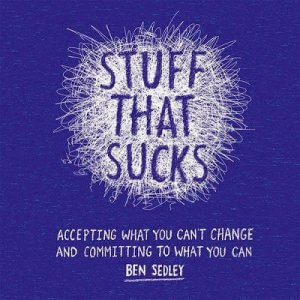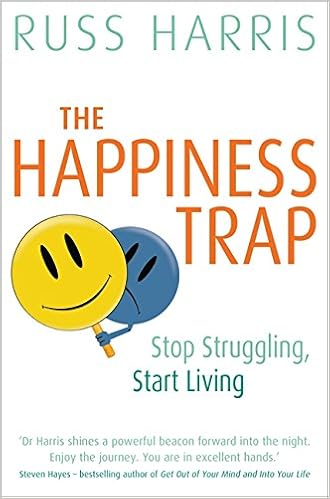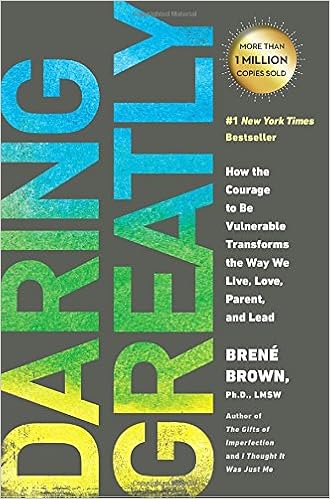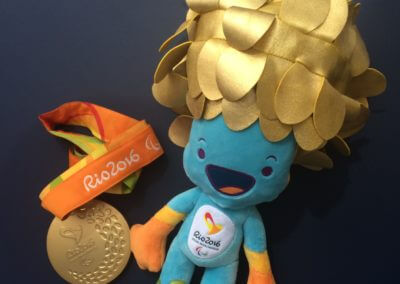How to improve mental health in 2020 - What’s the difference between a top down and a bottom up approach to wellbeing?
By Richard Fryer

If you’re feeling stressed, anxious or depressed at the moment – you aren’t alone. It’s a difficult time for many of us, but fortunately there are practices we can integrate into our lives to enhance our sense of wellbeing. By learning to use bottom up and top down approaches, and to find the ones that work the best for you, you can maintain and perhaps even improve your mental health into the future.The World Health Organisation describes mental health as a state of well-being that enables a person to realise their full potential. Mental health is a fundamental building block of human performance – not something separate or somehow less important. Yet how many organisations have their wellbeing programs separate from their performance initiatives? In my experience, the answer is ‘most’.
We sometimes neglect the importance of wellbeing while focussing on the day-to-day of “living our lives”. So, how do we nurture more mental health and well-being? There are many different ways proven to help people increase their levels of wellbeing which can be broadly grouped into two types of activity.
The first set are ‘top down’ approaches – thinking and talking techniques. These might include talking with a psychologist, socialising with friends, learning new skills and some types of mindfulness meditation. Talk about your experiences with the people you’re close with, immerse yourself in learning new skills, spend time non-judgementally noticing what thoughts and feelings arise for you. You could spend a moment writing down all the feelings that arise for you. Often our inner thoughts are very tumultuous, and it can be surprising how much we’re feeling at any given moment. By taking a moment to name those thoughts and feelings we can make some space for them. Naming difficult thoughts and feelings won’t make them go away, but it can help us to carry them lightly.
The second set can be called ‘bottom up’ approaches as they work through the body to improve the mind. The body and the mind work together to shape our experiences, by using a bottom up approach we can improve our sense of wellbeing through physical experiences. Bottom up approaches to wellbeing include exercise, yoga, diaphragmatic breathing, music and other forms of play. Schedule some time to do things that make your body feel at peace.
You may notice that some activities are a combination of top down and bottom up – for example mindfulness practise that uses breathing as a way to connect with the present moment non-judgmentally.So which mix of approaches is best for me? The answer is likely to be ‘the one that you enjoy doing the most’ – which you’ll discover with expert psychologist help and encouragement! The most important point is that investing time in our mental health is an essential foundation for flourishing in our lives – not something that we should put off because of seemingly more “urgent” work or life priorities.
This is why expert ACT therapist help in building your psychological flexibility can really enhance your life performance outcomes – they have the skills and training to integrate mental health and wellbeing work with valued living improvement work, recognising that everyone needs a bit of everything from time to time.
Richard Fryer is a general and sport and performance psychologist at Brisbane ACT Centre. He works with a broad range of clients, whatever their struggle to help people realise their life performance potential – and live more rich, full and meaningful lives – during the Covid-19 crisis and beyond!



